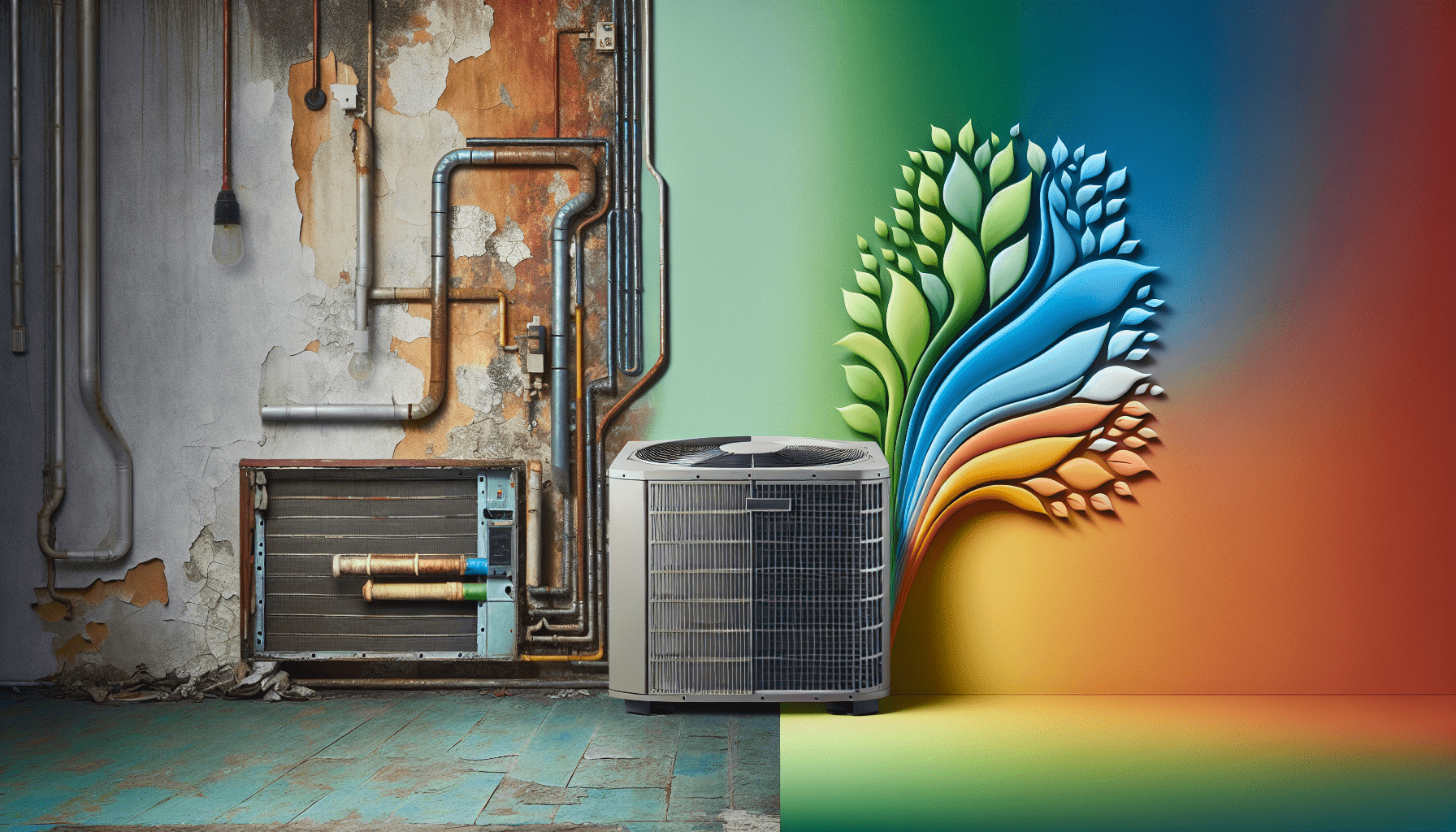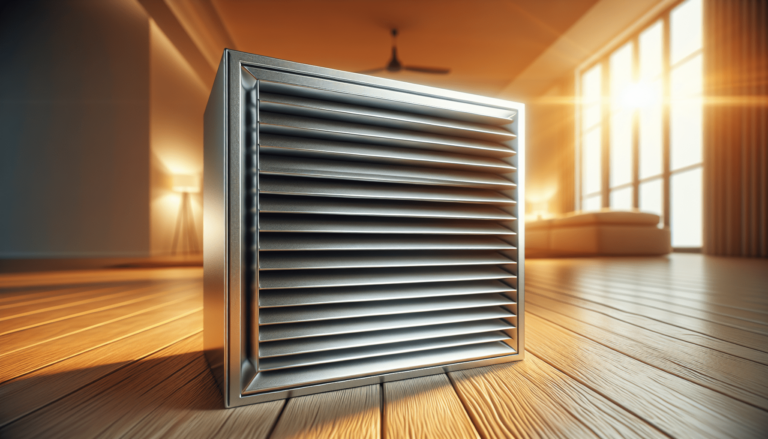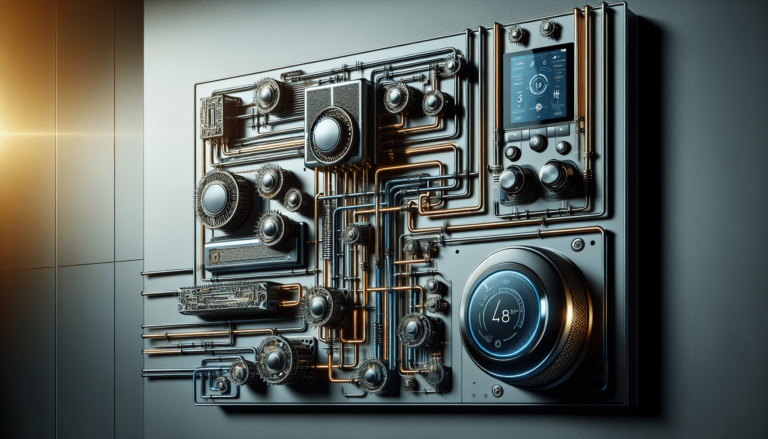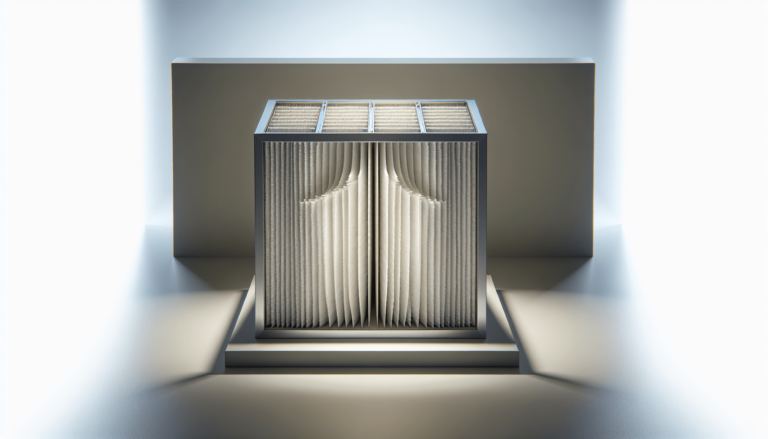

HVAC Services
Get Professional Repairs From The Area's Trusted HVAC Technicians. Ask About Our Services! We Offer Professional Heating & Cooling System Repairs And Guarantee Long-Lasting Results.
Got Question? Call us: (850) 678-2665Financing
When To Repair Vs. Replace Your HVAC System
Deciding if you should repair or replace your HVAC can save you money and headaches. Read this guide to make an informed choice for your home and wallet.

Do you ever wonder if your HVAC system needs a repair or if it’s time to toss it out and get a new one? It’s a dilemma many homeowners face. The decision can have a big impact on your wallet, home comfort, and peace of mind. Understanding when to repair vs. replace your HVAC system can save you both money and headaches down the road.
Signs Your HVAC System Needs Attention
Your HVAC system is like the lifeblood of your home’s comfort. It keeps you warm in the winter and cool in the summer. But how do you know when it’s crying out for help?
Increased Energy Bills
Imagine opening your energy bill one day and seeing a number so high it makes you do a double-take. If your bills are climbing faster than usual, your HVAC system may be working harder to do its job. This is often a sign that there’s something wrong, and a repair might be in order.
Strange Noises
Your HVAC system should operate quietly in the background. When it starts making odd noises—clanks, bangs, or screeches—it’s like it’s begging for attention. This usually indicates a mechanical issue, and it shouldn’t be ignored.
Inconsistent Temperatures
Is one room in your home freezing while another feels like a sauna? Such uneven temperatures can signal that your HVAC system is not distributing air properly. It might be a repairable issue, but it could also be a sign of a larger problem.
Frequent Repairs
If you feel like you’re on a first-name basis with your HVAC technician because they’re visiting so often, it’s likely time to consider a replacement. Frequent repairs can add up, making a new unit a more economical choice in the long run.
When a Repair Makes Sense
Repairs are not always the enemy. Sometimes a simple fix can extend the life of your HVAC system for years. But when should you stick with repairing rather than replacing?
Equipment Age
The general rule of thumb says if your HVAC system is less than 10 years old, a repair is often the best option. Most modern systems are built to last around 15 to 20 years, depending on usage and maintenance. A relatively young system needing a fix is usually worth the investment.
| Age of HVAC System | Recommended Action |
|---|---|
| Less than 10 years | Repair |
| 10-15 years | Assess |
| Over 15 years | Replace |
One-Time Issue
A singular problem, like a broken fan or a refrigerant leak, can often be repaired without too much trouble. These types of issues don’t necessarily mean your entire system is failing.
Budget Constraints
Sometimes, your wallet dictates your choices. If a brand-new HVAC system isn’t in the cards financially, a repair may be the only practical option. While it’s a temporary fix, it buys you time to save for a replacement in the near future.
Maintenance History
If you’ve been diligent about regular maintenance, your system is likely in better shape, even if it needs the occasional repair. Regular check-ups can catch minor issues before they become major headaches.

When to Replace Your HVAC System
Sometimes, it becomes crystal clear that replacement is the smarter, more convenient option. But what are those flashing red lights telling you to take the plunge and get a new system?
Age and Efficiency
We’ve touched on age, but let’s dive a bit deeper. An HVAC system older than 15 years is like an outdated wardrobe—inefficient and out of place. Older systems are less energy-efficient and can cost you more in the long run through repairs and higher energy bills.
Performance Issues
If your HVAC system is underperforming despite several repairs, it’s probably time to let it go. Repeated failures and poor performance mean that your unit can no longer keep up with your home’s demands.
Technological Advancements
Newer HVAC systems offer technological advancements that older ones simply can’t match. They are more energy-efficient, quieter, and come with smart features that allow for better control over your home’s climate. Replacing your old system with a modern one can provide long-term benefits.
High Repair Costs
If the cost to repair your current system is more than half the price of a new one, replacement often makes more financial sense. It’s the “50% rule” many experts recommend. Investing in a new system can save you from recurring repair bills and offer better performance.
Advantages of a New HVAC System
So you’ve decided to replace your system—great! But why should you be excited about this change?
Energy Efficiency
Newer systems are more energy-efficient, meaning you’ll likely see a drop in your energy bills. They use less power to produce the same—or even better—comfort levels.
Enhanced Comfort
New HVAC systems are better at maintaining consistent temperatures throughout your home. Say goodbye to hot and cold spots and hello to improved comfort all year round.
Improved Air Quality
Many modern HVAC systems come with enhanced air filtration systems, purifying the air you breathe. This can be a significant benefit for those with allergies or respiratory issues.
Environmentally Friendly
Newer systems are not only more efficient but also environmentally friendly. They use eco-conscious refrigerants that have less impact on the ozone layer.
Smart Features
Control your home’s temperature with the touch of a button. Today’s systems can be integrated with smart home technology, allowing you to manage your HVAC settings from your smartphone or other devices.
Warranty and Support
New HVAC systems come with warranties that give you peace of mind. Most manufacturers offer comprehensive coverage that can protect you from any early problems.

Choosing the Right System
Once you decide to replace, the next step is choosing the right HVAC system for your home. But how do you know you’re making the right choice?
Types of Systems
There are several types of HVAC systems to choose from, each with its own set of benefits and drawbacks.
-
Split Systems: These are the most common. They have separate units for heating and cooling—
an outdoor unit (air conditioner) and an indoor unit (furnace or air handler). - Hybrid Systems: Like split systems, but with the added flexibility to switch between electricity and gas for heating.
- Ductless Systems: Ideal for homes without ductwork, these systems can be installed in specific areas.
- Packaged Systems: Everything is housed in one unit, usually placed outside. These are more common in homes without basements or crawl spaces.
Sizing Matters
An incorrectly sized system can cause more problems than it solves. Undersized units can’t effectively cool or heat your home, while oversized units can waste energy and cycle on and off too frequently. It’s crucial to get an appropriately sized unit for your home’s specific needs.
Efficiency Ratings
Efficiency ratings, like SEER (Seasonal Energy Efficiency Ratio) for cooling and AFUE (Annual Fuel Utilization Efficiency) for heating, can guide you in choosing an energy-efficient model. The higher the rating, the more efficient the system, and the more you save on energy bills.
Cost Considerations
Initially, the cost of a new HVAC system can be daunting. However, consider this an investment. An efficient, high-quality system can pay for itself over time in energy savings and reduced repair costs.
Professional Consultation
Before making your final decision, consult with a professional HVAC contractor. They can assess your home, recommend the best options, and even provide a cost-benefit analysis.
Maintenance Tips to Extend the Life of Your HVAC System
Once you have your new system in place, you’ll want to make sure it lasts as long as possible. Proper maintenance can extend the lifespan and keep it operating efficiently.
Regular Inspections
Schedule regular inspections with a professional twice a year—ideally before the heating and cooling seasons. This can identify potential issues before they become major problems.
Filter Changes
Changing filters is perhaps the simplest and most effective way to keep your system running smoothly. Dirty filters can reduce efficiency and strain your system. Check them monthly and replace them as needed.
Clean the Coils
Dust and debris can accumulate on your HVAC coils, reducing efficiency. Clean the coils annually to maintain optimal performance.
Clear the Surrounding Area
Ensure the area around your outdoor unit is free of debris, leaves, and plants. A clutter-free environment allows for better airflow and more efficient operation.
Seal Leaks
Inspect and seal any leaks in your home’s ductwork. Leaky ducts can lose up to 30% of their air before it reaches the intended space, making your system work harder to maintain the desired temperature.
Common Myths About HVAC Systems
Let’s debunk some common misconceptions that can lead to poor decisions regarding your HVAC system.
Myth 1: Bigger is Always Better
Many people think a larger system will work faster and more efficiently. However, an oversized system can lead to increased energy usage and frequent cycling, which can wear out parts faster.
Myth 2: Maintenance Isn’t Necessary
Skipping regular maintenance might save you money in the short term, but it can lead to costly repairs or system failure down the line.
Myth 3: All HVAC Systems Are the Same
Not all systems are created equal. Different brands, models, and types of HVAC systems offer varying levels of efficiency, performance, and cost.
Myth 4: You Can Install It Yourself
You might be a DIY enthusiast, but HVAC installation is best left to professionals. Improper installation can void warranties, decrease efficiency, and even pose safety risks.
The Role of Professional Guidance
Navigating the world of HVAC repairs and replacements can be daunting, but you don’t have to go it alone. Professional guidance can be invaluable in making the right decisions.
Assessment and Recommendations
A qualified HVAC professional can assess your current system, identify the issues, and recommend whether repair or replacement is the best course of action.
Installation Expertise
If you’re replacing your system, professional installation ensures that your new HVAC unit operates efficiently and safely. Experts know the ins and outs that you might overlook, guaranteeing better performance and longevity.
How Tempacure Heating and Air Conditioning Can Help
When it comes to HVAC repair and replacement, having a reliable partner can make all the difference. Tempacure Heating and Air Conditioning offers comprehensive services to meet all your HVAC needs.
Experienced Technicians
The technicians at Tempacure are experienced and knowledgeable, ensuring that every job is done right the first time. Whether you’re facing a minor repair or full system replacement, they have the expertise to handle it.
Quality Equipment
Tempacure uses high-quality HVAC equipment that promises durability and efficiency. Investing in premium products can save you money in the long run through lower energy costs and fewer repairs.
Customer-Centric Approach
Tempacure values your comfort and satisfaction. Their customer-centric approach means that you’ll be informed every step of the way, ensuring there are no surprises.
Conclusion
When deciding whether to repair or replace your HVAC system, consider multiple factors including the age of your system, performance issues, and energy efficiency. Professional advice and regular maintenance play crucial roles in extending the life of your system and maintaining optimal performance.
If you’re in Niceville, FL, and need assistance with your HVAC system, don’t hesitate to reach out to Tempacure Heating and Air Conditioning. They offer reliable, efficient services to keep your home comfortable year-round.
Tempacure Heating and Air Conditioning
325 Cedar Ave S, Suite B
Niceville, FL 32578
(850) 678-2665
Tempacure Website







